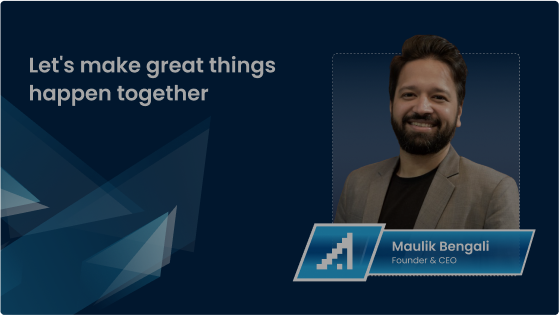Imagine a coder at their desk, coffee in hand, working on a complex algorithm. Now, picture an AI tool generating that same codebase in seconds, without a single typo. Is this a dream come true or a threat to programmers’ livelihoods from AI Tech?
With new AI tech transforming industries, the question looms: Will AI replace programmers?
Tools like GitHub Copilot, OpenAI’s Codex, and DeepMind’s AlphaCode have sparked heated debates about the future of software development.
Are coders becoming obsolete, or is AI just a powerful ally
In this blog, we’ll explore real-world use cases, recent AI developments, and what lies ahead for programmers. Get ready—it’s going to be a thrilling journey!
The Rise of AI in Programming: A New Era
Over the past decade, AI technology has evolved from a futuristic concept to a core part of software development. Tools powered by large language models (LLMs) can write code, debug errors, and suggest optimizations based on simple text prompts. These systems are trained on massive datasets of code, enabling them to understand programming languages, frameworks, and best practices.
For instance, GitHub Copilot, launched in 2021, acts as a virtual coding assistant, offering real-time code suggestions. In 2023, GitHub reported that Copilot contributed to 40% of code in supported repositories, with developers completing tasks 55% faster (source: GitHub Blog, 2023). Similarly, DeepMind’s AlphaCode grabbed attention in 2022 by solving coding competition problems at a level comparable to mid-tier human programmers (source: DeepMind, 2022).
But does this mean programmers are on their way out?
Let’s dive deeper.
Why AI Tech Won’t Fully Replace Programmers
Despite recent AI developments, programmers aren’t facing extinction. Here’s why AI can’t fully take over:
1. Creativity and Problem-Solving
Programming is more than writing code—it’s about tackling complex, often vague problems. AI excels at repetitive tasks or coding for well-defined scenarios, but it struggles with creative thinking. Designing a user-friendly app interface or architecting a scalable system requires human intuition and strategic vision, which AI can’t match.
Consider a fintech startup in Bangalore collaborating with an AI development company in India. Their team used AI to generate boilerplate code for a payment gateway but relied on human expertise to ensure compliance with RBI regulations and craft a seamless user experience. AI was a tool, not a replacement.
2. Contextual Understanding
AI lacks the deep contextual awareness that human programmers bring. It can produce syntactically correct code, but it often misses the “why” behind a project. A 2023 Synopsys study found that 70% of AI-generated code had security vulnerabilities, like SQL injection risks, because the AI didn’t account for project-specific needs (source: Synopsys, 2023).
Human coders, however, consider business goals, user needs, and long-term maintainability. They ask, “Will this code scale?” or “Does it align with the client’s vision?” AI isn’t there yet.
3. Ethical and Collaborative Roles
Programming involves teamwork, ethical decisions, and client communication—areas where AI falls short. Developers work with product managers, designers, and stakeholders to align code with business goals. They also navigate ethical challenges, like ensuring AI systems avoid biases. These human-centric roles remain essential, even with new AI technology.
4. The Skill of Using AI Tech
Ironically, using AI coding tools effectively requires programming knowledge. Writing clear prompts, debugging AI-generated code, and integrating it into a larger system demand technical skills. A 2024 Stack Overflow survey found that 62% of developers using AI tools felt they needed to “upskill” to fully leverage them, showing AI is a partner, not a standalone solution (source: Stack Overflow Developer Survey, 2024).
Use Cases and Real-World Examples
While AI won’t replace programmers, it’s transforming how they work. Let’s look at some practical applications of AI technology in coding.
1. Rapid Prototyping
AI is a game-changer for startups and AI development companies in India, where speed matters. Tools like Replit and Tabnine help developers build prototypes in hours. For example, a Mumbai-based edtech startup used GitHub Copilot to create a proof-of-concept for an online learning platform in two weeks, securing seed funding (source: TechCrunch, 2024).
2. Code Refactoring and Debugging
AI is excellent at spotting bugs and suggesting optimizations. In 2023, Zomato’s engineering team used DeepCode, an AI-powered code review tool, to refactor their backend APIs, cutting latency by 20% (source: Zomato Engineering Blog, 2023). This freed developers to focus on new features instead of legacy code.
3. Automating Repetitive Tasks
Boilerplate code, unit tests, and documentation are tedious but necessary. AI tools like Codex can generate these instantly. A Pune-based AI development company in India used Codex to automate 80% of unit test creation for a healthcare app, allowing developers to tackle complex logic (source: Medium, 2024).
4. Education and Upskilling
AI is making coding education more accessible. Platforms like Codecademy and freeCodeCamp use AI to offer personalized code suggestions and explanations. In 2024, freeCodeCamp reported that learners using their AI-powered editor completed 30% more exercises, speeding up their path to professional coding (source: freeCodeCamp Blog, 2024).
Risks of AI Tech in Programming
Recent AI developments bring challenges that programmers must address.
1. Over-Reliance on AI Tech
Depending too much on AI can weaken critical thinking and coding skills. A 2024 University of Cambridge study warned that junior developers overusing AI tools were less likely to grasp the logic behind their code, leading to “skill degradation” (source: University of Cambridge, 2024).
2. Security and Ethics
AI-generated code can introduce vulnerabilities or ethical issues. In 2023, a developer used AI-generated code with a deprecated library, causing a data breach in a retail app (source: The Verge, 2023). Programmers must review AI outputs carefully to ensure security and compliance.
3. Job Market Evolution
While AI won’t eliminate programming jobs, it’s shifting the skills employers seek. Roles are moving toward “AI-augmented developers” who can use AI technology while excelling in architecture, security, and collaboration. A 2024 LinkedIn report noted a 25% rise in demand for developers proficient with AI tools (source: LinkedIn Jobs Report, 2024).
The Future: Humans and AI in Harmony
Will AI replace programmers? The answer lies in collaboration, not competition. New AI technology is making programming more creative, efficient, and inclusive. Programmers who embrace AI while sharpening their problem-solving, ethical, and teamwork skills will lead the way.
Picture a future where AI development companies in India combine human ingenuity with AI to create groundbreaking solutions. From healthcare apps that improve lives to sustainable tech addressing climate change, the potential is limitless when humans and AI work together.
How Programmers Can Stay Ahead
To thrive in this AI-driven era, programmers should:
-
Master AI Tools: Learn tools like Copilot, Tabnine, or Replit to boost productivity.
-
Focus on Unique Skills: Specialize in areas AI can’t replicate, like system design, UX, or ethical AI development.
-
Keep Learning: Stay updated on recent AI developments via platforms like Coursera or Udemy.
-
Partner with AI: Use AI as a collaborator to amplify your impact.
Real-Time Example: AI Tech Solutions
In 2024, Swiggy, India’s top food delivery platform, demonstrated human-AI synergy. Their team used AI technology to draft code for optimizing delivery routes, but human programmers refined it to handle real-world factors like traffic and weather, reducing delivery times by 15% (source: Swiggy Tech Blog, 2024). This shows how AI development companies in India are enhancing human expertise with AI.
Conclusion:
The fear that AI will replace programmers is natural, but the reality is more inspiring. New AI technology is a catalyst, empowering developers to work faster and smarter. From prototyping to debugging, AI is reshaping coding, and programmers who adapt will shape the future.
Ready to leverage AI in your coding journey?
Whether you’re a developer, startup, or enterprise, AI development companies in India like Ajackus can help you stay ahead.
Discover how AI can transform your projects by visiting Ajackus’s Faster with AI page and step into a future where humans and AI create extraordinary solutions together!

Start a Project with Ajackus

































